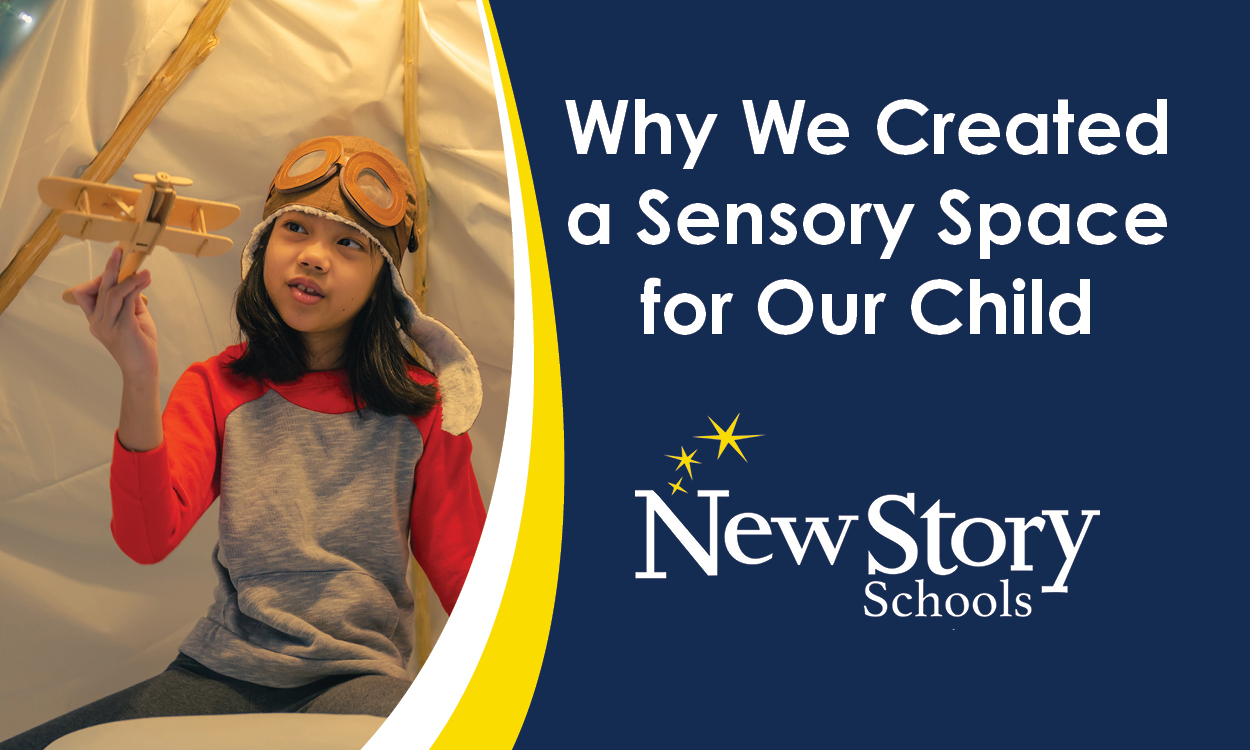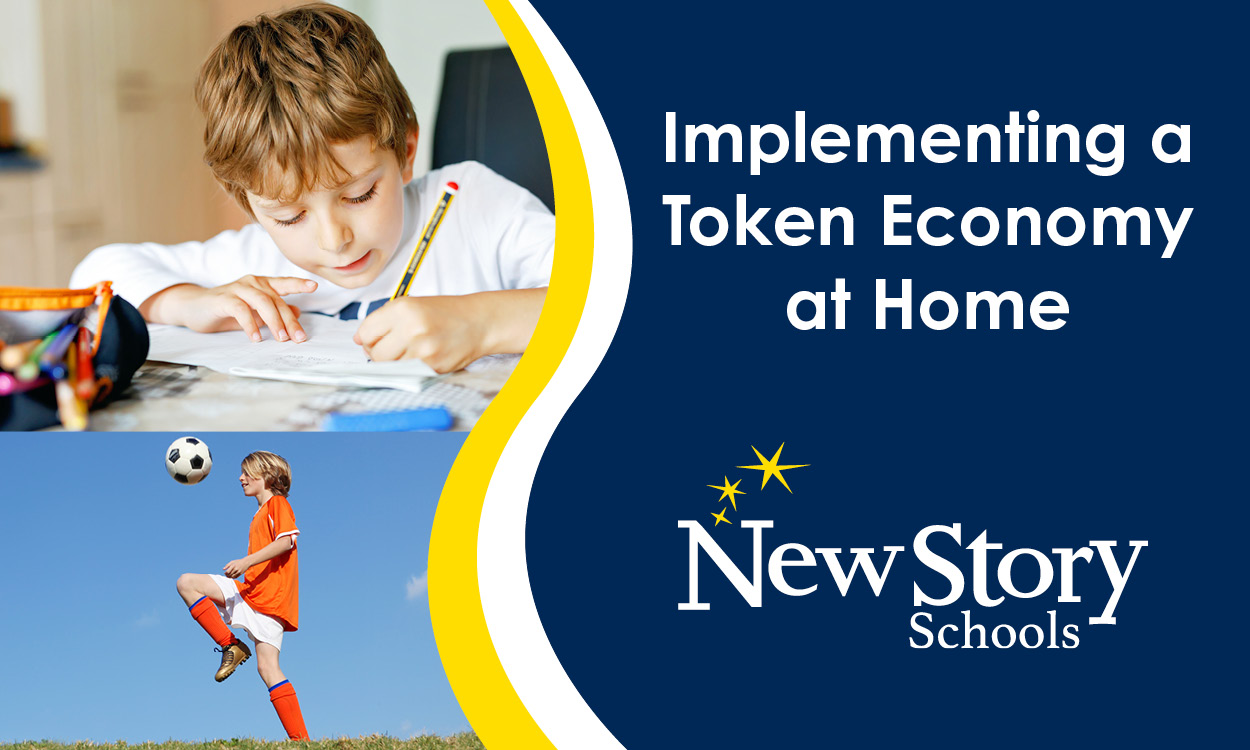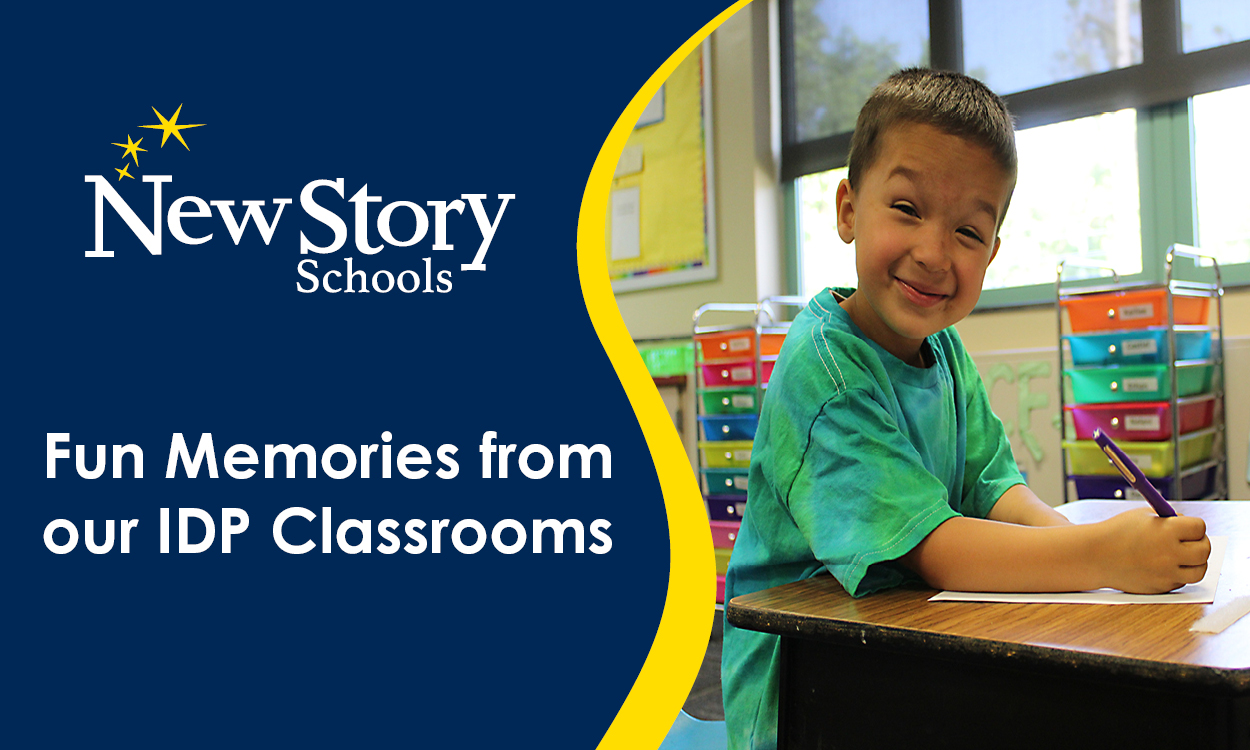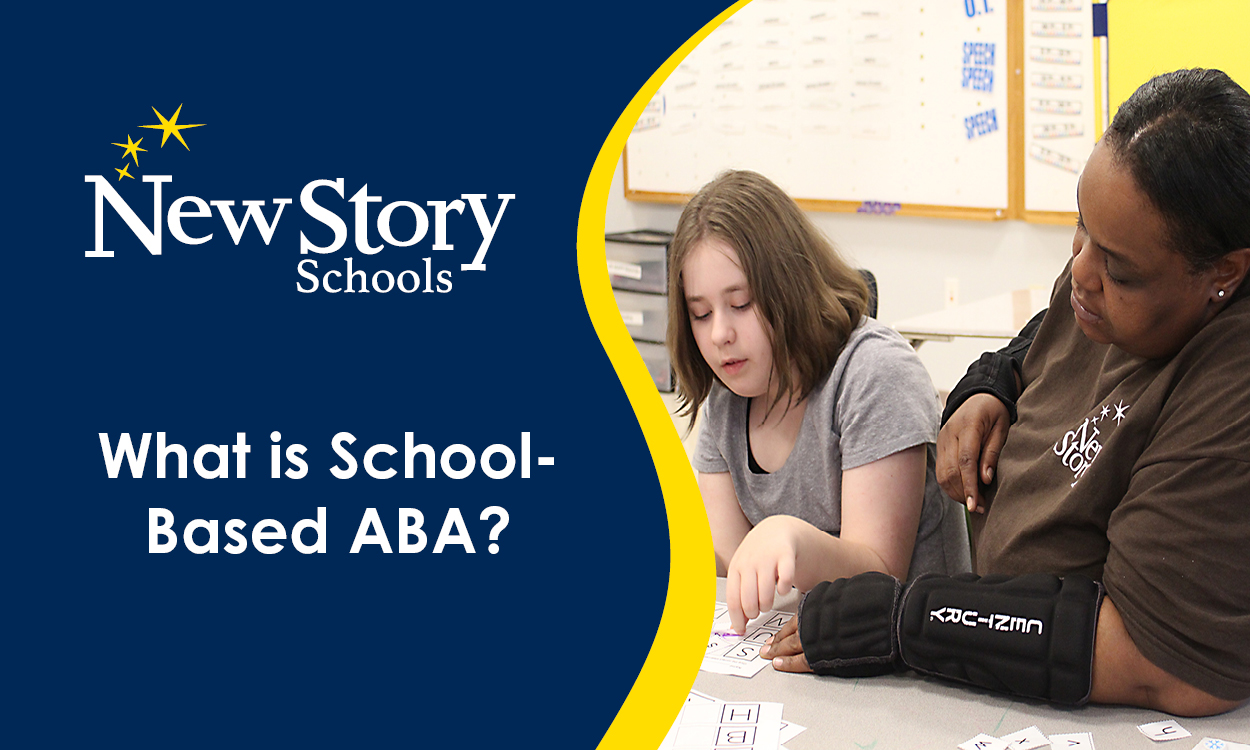Age-Related Reactions to a Traumatic Event
Posted: March 18, 2021 | Written By: Holly Ference | Category: At Home Help
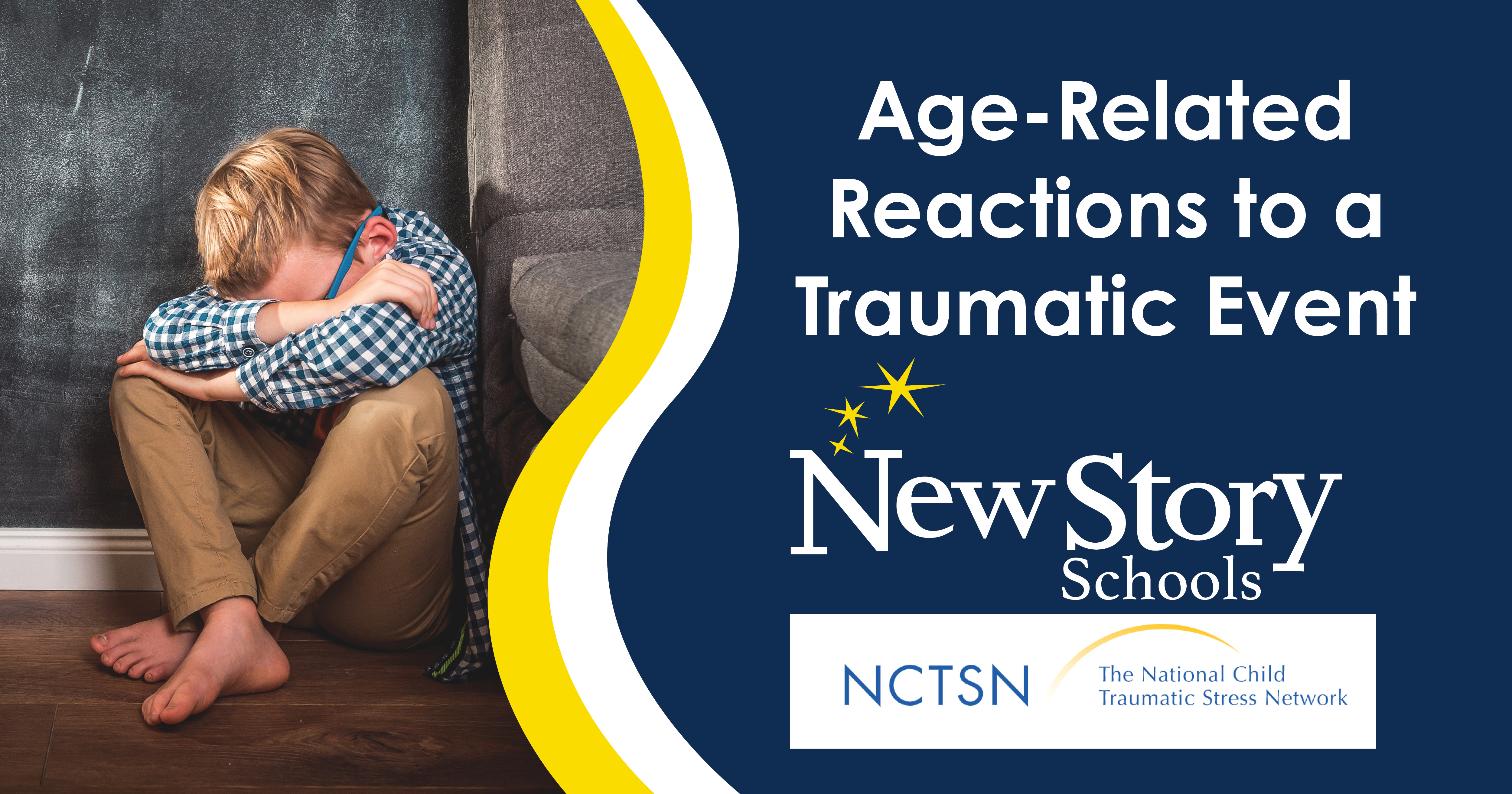
Trauma is an unfortunate part of life. It can occur at any time and affects everyone differently, especially children.
We found a recent article from The National Child Traumatic Stress Network very useful. The piece explains how different age groups handle trauma differently and how families can potentially help them express it. Conveniently outlined by age group, this article gives many practical tips that can help parents and caregivers of children who need help navigating through a traumatic situation. For example...
“Preschool and young school-age children exposed to a traumatic event may experience a feeling of helplessness, uncertainty about whether there is continued danger, a general fear that extends beyond the traumatic event and into other aspects of their lives, and difficulty describing in words what is bothering them or what they are experiencing emotionally. This feeling of helplessness and anxiety is often expressed as a loss of previously acquired developmental skills.”
In other words, children in this age group might start to backtrack in what they’ve learned and struggle to communicate their feelings, which can lead to increased anxiety.
What do you do? According to the article...
“For young children, parents can offer invaluable support, by providing comfort, rest, and an opportunity to play or draw.”
Regardless of the age range, there are lots of tips for helping children navigate trauma. View the full article, written and published by The National Child Traumatic Stress Network.
Check out the NCTSN website for more helpful articles and information.
Want to be notified of new articles and resources from New Story Schools? Submit your email and opt into our newsletter!


